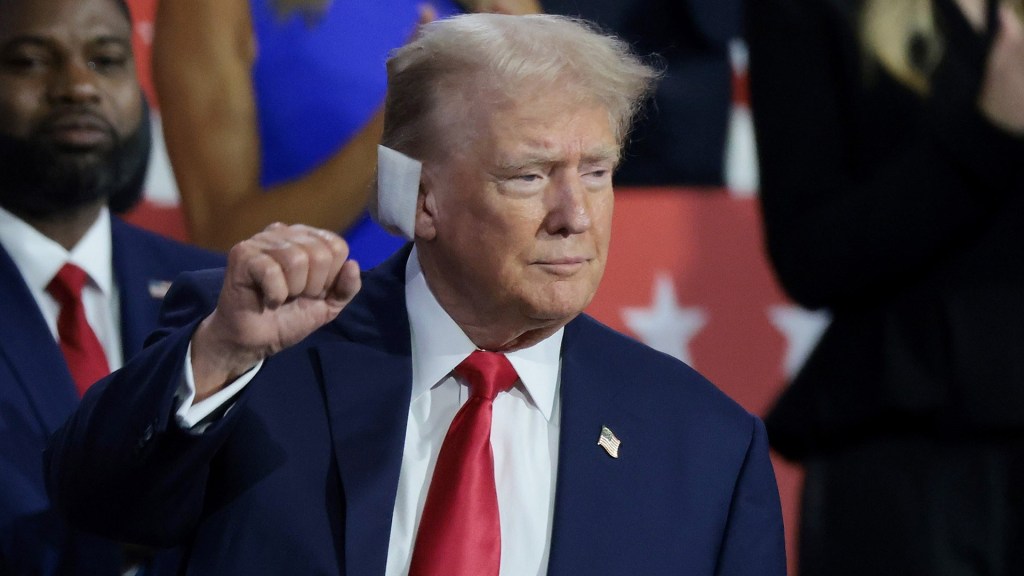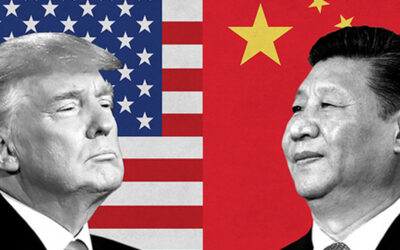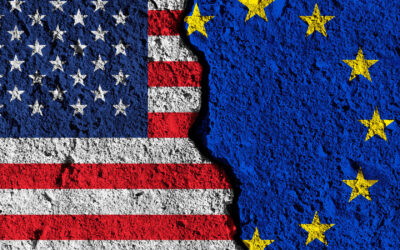The shocking news of former President Donald Trump being shot has sent ripples through the American political landscape, impacting the dynamics within both the Democrat and Republican parties and potentially altering the course of the next presidential election.
This article delves into the immediate and long-term implications of this unprecedented event, analysing the reactions from key political figures, the strategic adjustments within both parties and the potential shift in public opinion as the nation grapples with the aftermath.
Immediate Reactions and Political Fallout
The shooting of Donald Trump has elicited strong and varied reactions from across the political spectrum. Republican leaders have unanimously condemned the act, framing it as an assault on democracy and the rule of law.
This is not just an attack on Donald Trump; it is an attack on our democratic institutions and our way of life – Senate Minority Leader Mitch McConnell.
The event has galvanised the Republican base, fostering a renewed sense of unity and purpose as the party rallies around their wounded leader.
Democrats, while also condemning the violence, have approached the situation with a degree of caution. President Joe Biden called for national unity and peace, emphasising the importance of civil discourse and the democratic process. However, some factions within the Democratic Party have expressed concern that the incident could overshadow ongoing policy debates and the party’s legislative agenda.
Impact on the Republican Party
Within the Republican Party, Trump’s shooting has had a unifying effect, at least in the short term. The party, which has been experiencing internal divisions over its future direction and Trump’s continued influence, now finds itself with a common cause. This unity could translate into a more cohesive strategy heading into the next election cycle, as party leaders emphasise law and order and the protection of democratic norms.

However, there are also risks associated with this newfound unity. Trump’s polarizing nature means that while his base remains fiercely loyal, his association could alienate moderate Republicans and independent voters. The party’s ability to navigate this delicate balance will be crucial in determining its electoral success.
Impact on the Democratic Party
For the Democratic Party, the event presents both opportunities and challenges. On one hand, the shooting has underscored the urgent need for political stability and responsible governance, themes that Democrats can leverage to appeal to a broad spectrum of voters. The party’s emphasis on unity and healing in the wake of the violence positions it as a stabilising force in a tumultuous political landscape.

On the other hand, the incident risks diverting attention from the Biden administration’s policy initiatives and legislative goals. Democrats must find a way to address the immediate crisis while continuing to push forward with their agenda on issues such as healthcare, climate change, and economic reform. The party’s ability to maintain focus and present a compelling vision for the future will be critical in the run-up to the next election.
Public Opinion and the Next Presidential Election
The impact of Trump’s shooting on public opinion is complex and multifaceted. In the immediate aftermath, there is likely to be a surge of sympathy for Trump among his supporters, potentially boosting his standing within the Republican Party. This sympathy vote could translate into increased support for Trump-aligned candidates in the primaries and solidify his influence over the party.
However, the long-term effects on public opinion are less certain. The incident could exacerbate existing political polarisation, further entrenching the divide between Trump’s supporters and his detractors. For some voters, the shooting may reinforce negative perceptions of Trump’s controversial rhetoric and actions, while for others, it may strengthen their resolve to support him and his policies.

As the nation moves closer to the next presidential election, both parties will need to carefully navigate the evolving political landscape. Republicans must balance their support for Trump with the need to broaden their appeal, while Democrats must capitalise on the opportunity to present themselves as the party of stability and progress. The outcome of the election will hinge on each party’s ability to adapt to these new dynamics and effectively communicate their vision to the American people.


